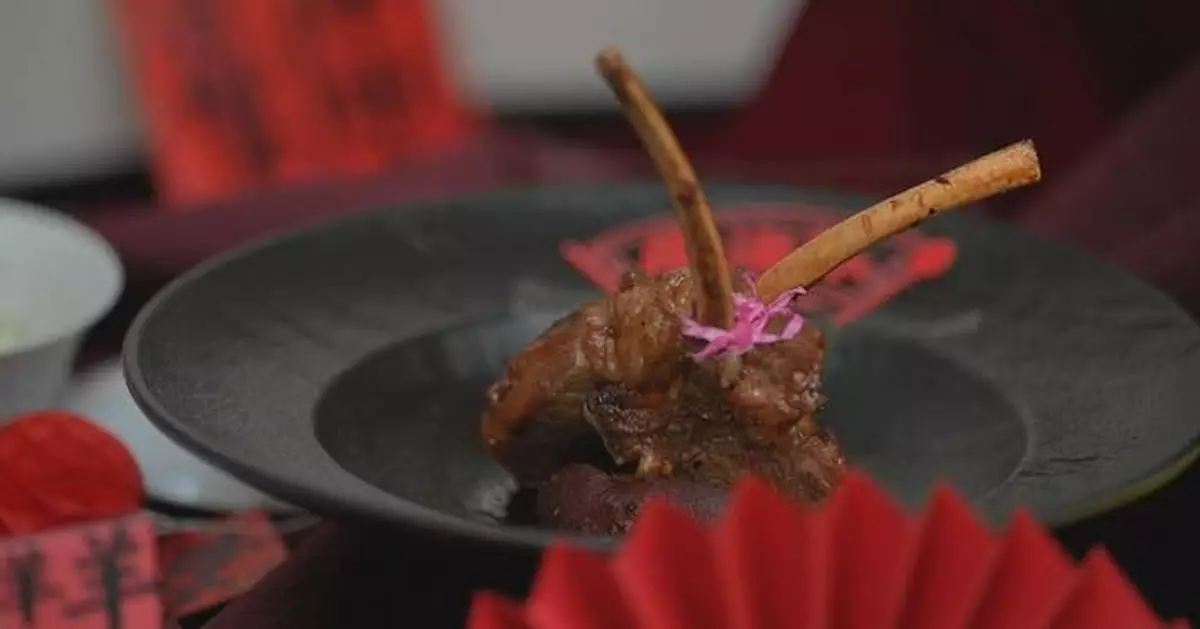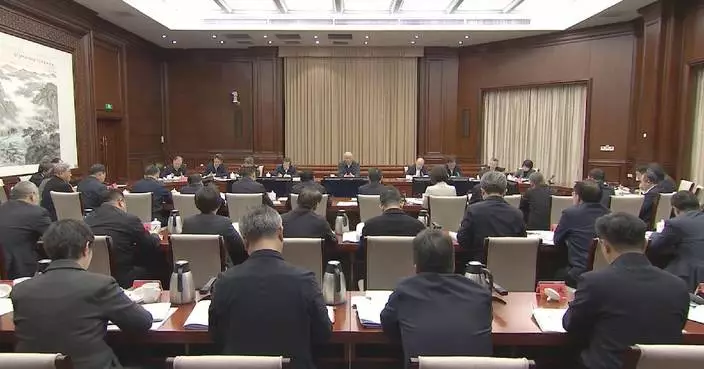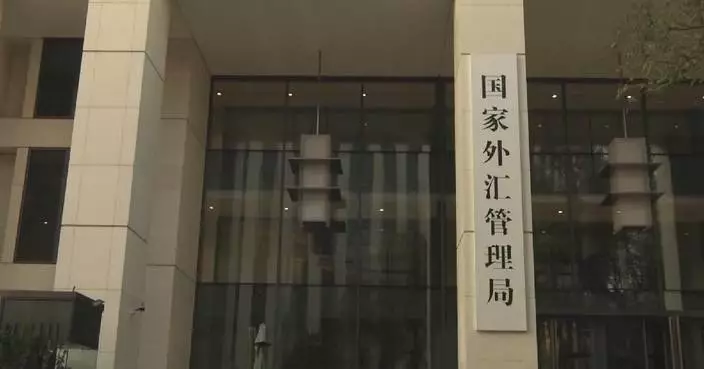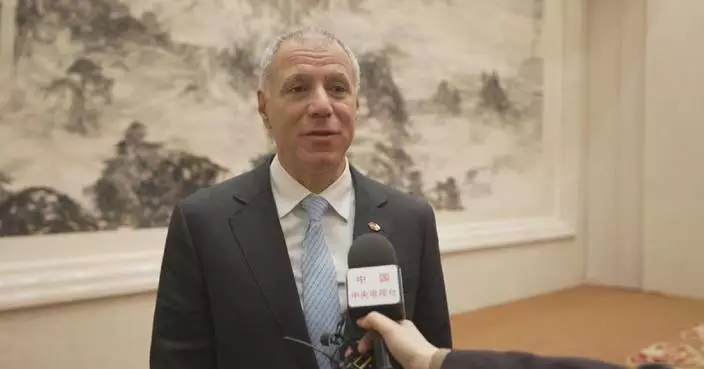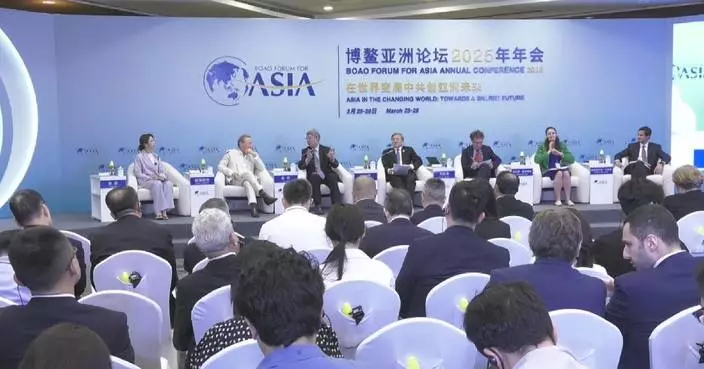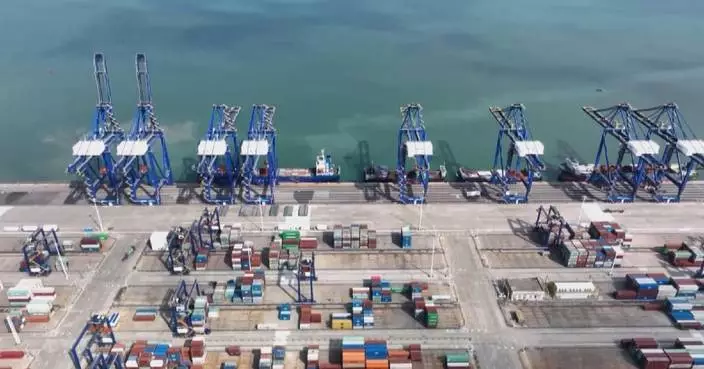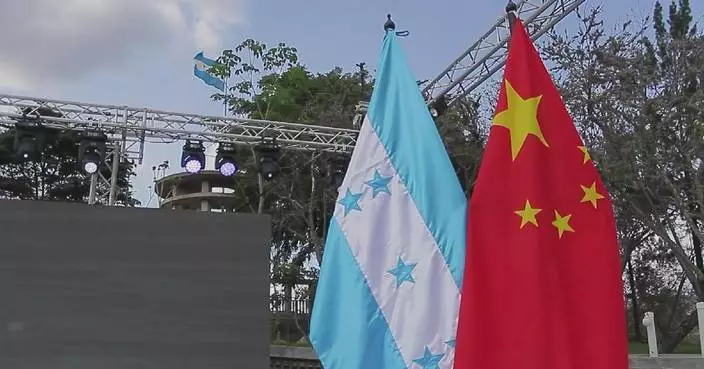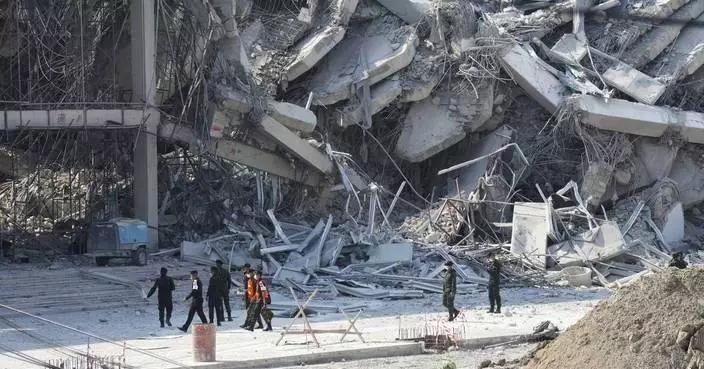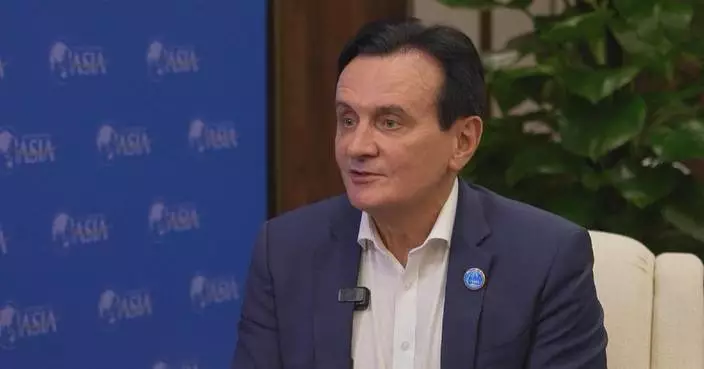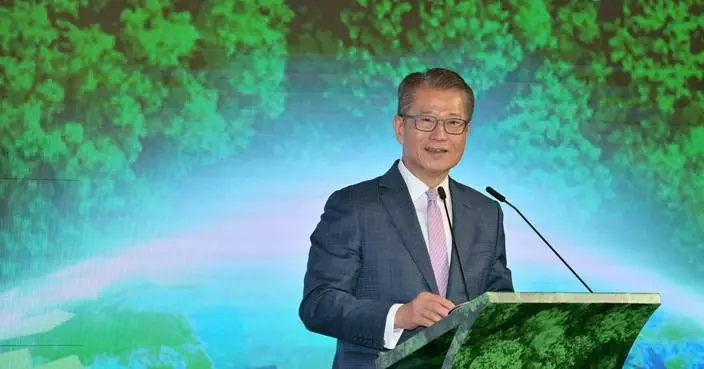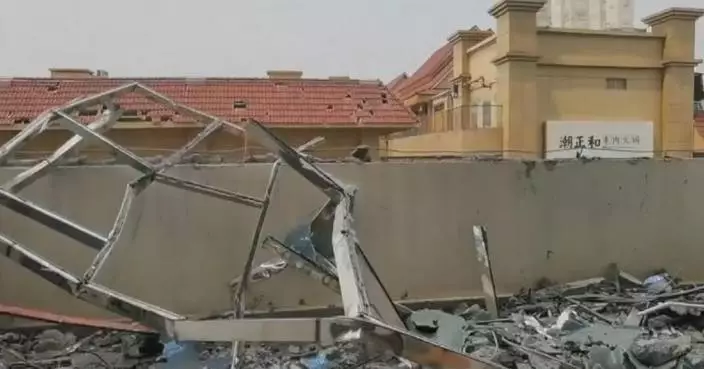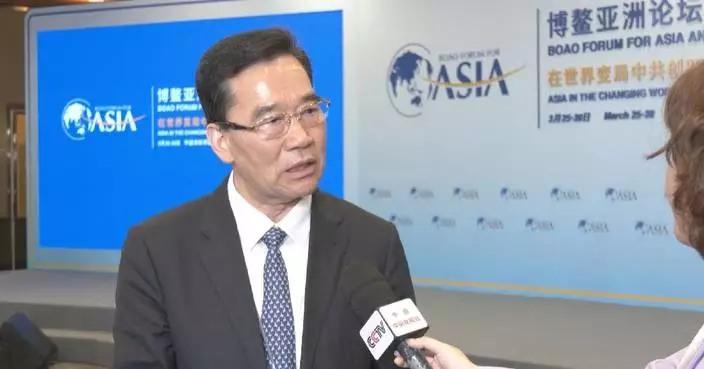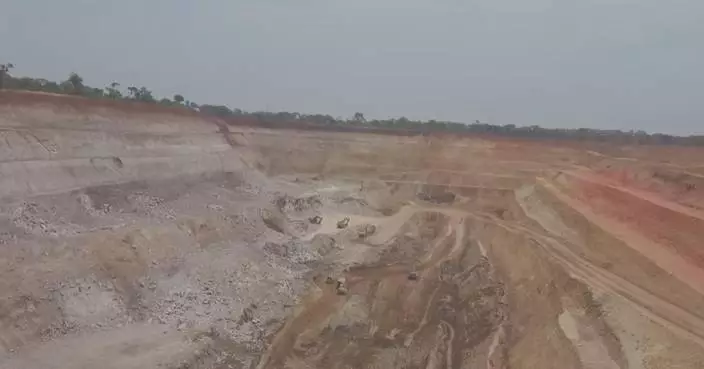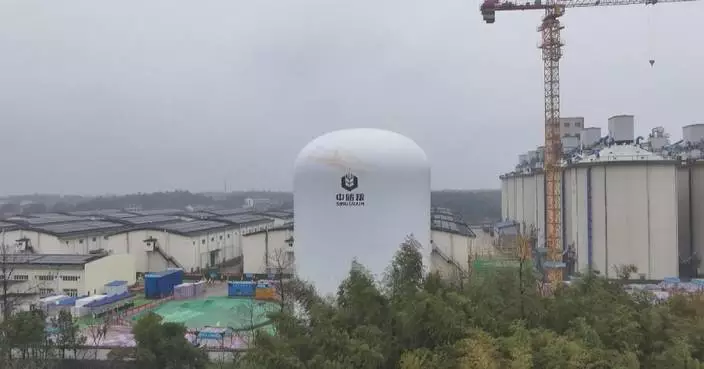Nearly 40 chefs from more than 10 cities in China, Japan, Malaysia, South Korea gathered in Beijing for the 17th Asian culinary exchanges held from Oct 26 to 29.
The exquisite dishes they prepared were based not only on their supreme skills, but the unique cultures they have lived in. It was an ideal chance to promote regional friendship and ties, albeit with a little competitive edge.
"Very good. The speed and skills of each participant impressed me a lot, especially the team from Hong Kong. Their spirit of cooperation is worth learning from," said Chen Jinhua, general manager of Guangdong Jiangxin Catering Company.
"Really amazing. So many chefs from Asia came here, such as teams from Hong Kong, South Korea and Japan. I've seen different cooking techniques for different ingredients. It's been a great day to be here," said Si Chuanyue, chef of Beijing Yan Restaurant.
Participating chefs were required to prepare two dishes in just 90 minutes.
"We used three different cooking methods and three different flavors to present them," said Mok Yau, executive chef of Chao Club.
"One of our two dishes is light and the other is a little bit strong. So when you eat it, eat the light one first and then the strong one, you will feel more comfortable," said Kelvin Lee, specialty chef of Hotel ICON.
The chefs' distinctive cooking techniques reflect the food habits of the cities they come from. Their methods and dishes are inseparable from the history and culture of those regions.
"I think Malaysia is very diverse, so we are like a sponge constantly absorbing the cultures of all ethnic groups, and then constantly communicating and integrating them into our food," said Michael Kek, a cook from Malaysia.
"From the food to the aesthetics of the whole booth, we must present them all in the context of culture. Therefore, highlighting our Nanhai cuisine is not just about the taste or look, it's also about smell, creating a holistic presentation," said Chen.
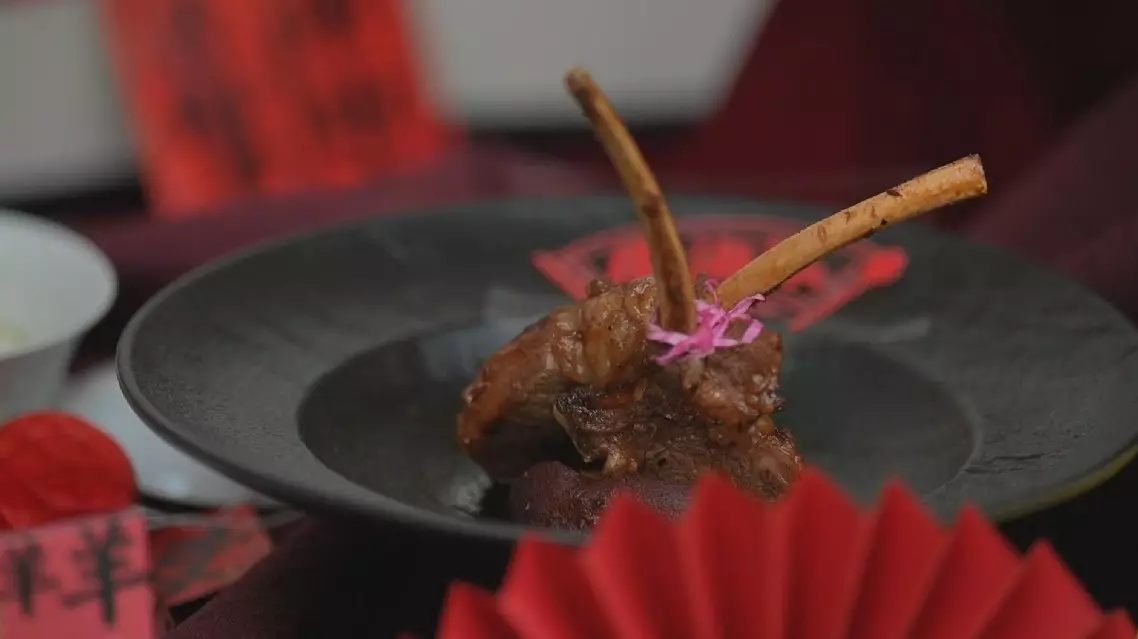
Experienced chefs from across Asia gather in Beijing for culinary exchanges
The Chinese government safeguards freedom of religious belief in southwest China's Xizang Autonomous Region by protecting normal religious activities and maintaining related facilities, a local official said on Friday.
Wang Haizhou, head of the publicity department of Xizang, made the remarks at a press conference in the regional capital, Lhasa, held to announce the release of a white paper on the progress of human rights in Xizang, issued by the State Council Information Office (SCIO).
The white paper was released to mark the 60th anniversary of the founding of the Xizang Autonomous Region and the anniversary of the liberation of millions of serfs, which fell on Friday.
"The Constitution of the People's Republic of China clearly stipulates that citizens have the right to freedom of religious belief, and the government protects normal religious activities. In Xizang, we firmly abide by the provisions of the Constitution and consistently uphold the national policy of respecting and protecting freedom of religious belief. Here, we have not only Tibetan Buddhist temples, but also mosques, Catholic churches, and other religious sites. All of these places of worship are protected by law," Wang said.
He noted that the central government has made significant efforts to improve the living and practicing conditions for religious communities in Xizang.
"Since the start of the new era, the central government has invested in the unified maintenance and renovation of temples and monks' quarters, built temple nursing homes, provided medical and health services, and vigorously improved infrastructure. More than 98 percent of temples now have access to roads, communications, electricity, water, and radio and television services. At the same time, the government provides various subsidies to monks and nuns each year, ensuring full coverage of medical insurance, pension insurance, minimum living allowances, accident insurance, and health check-ups. The study, practice, and living conditions of monks and nuns have been significantly improved and are well guaranteed," Wang said.
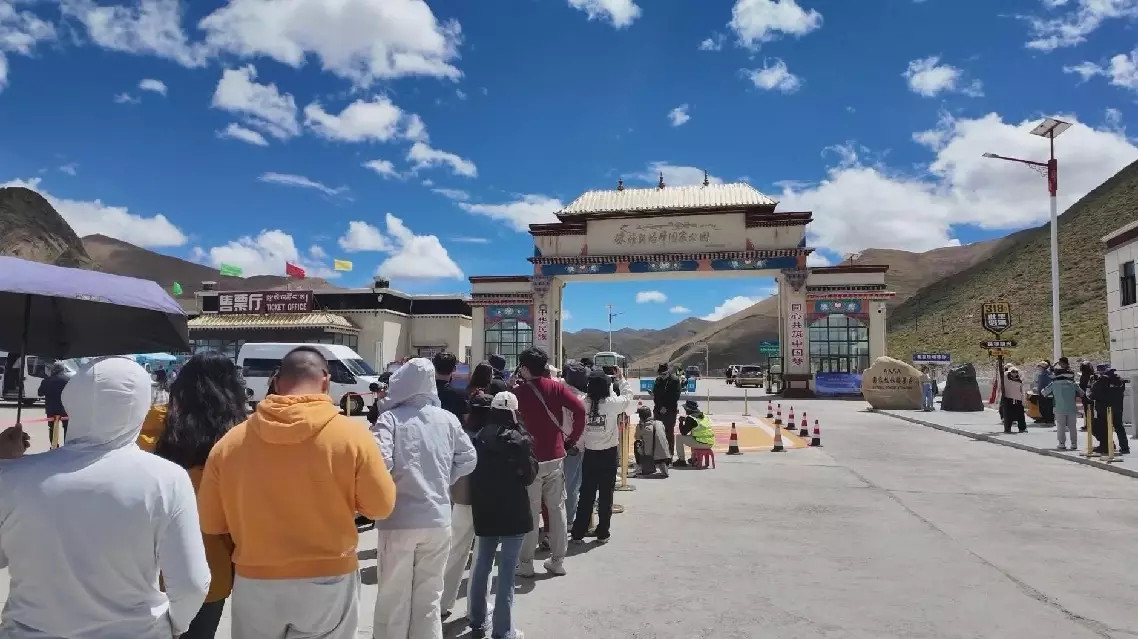
Freedom of religious belief effectively protected in Xizang: official



